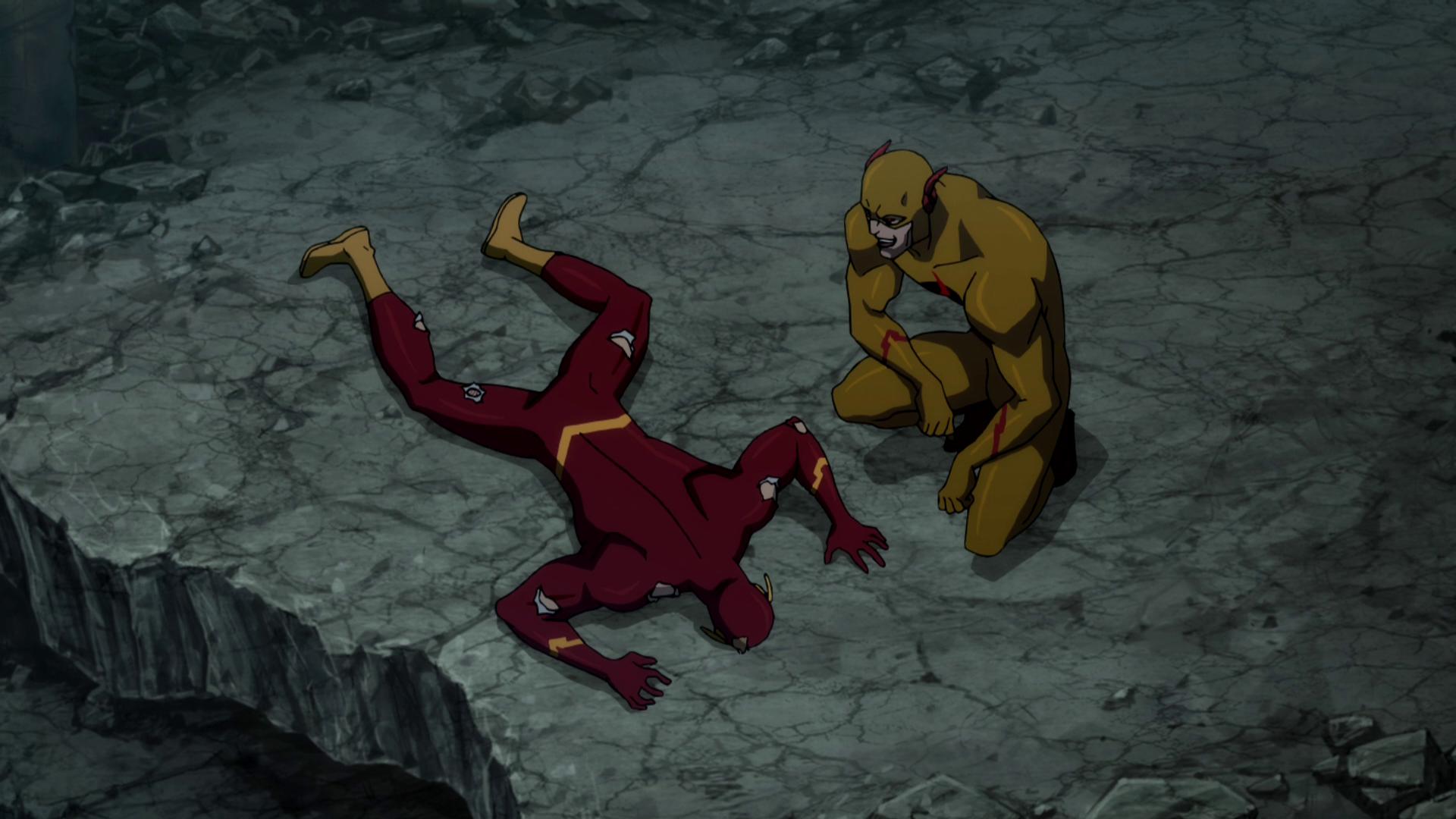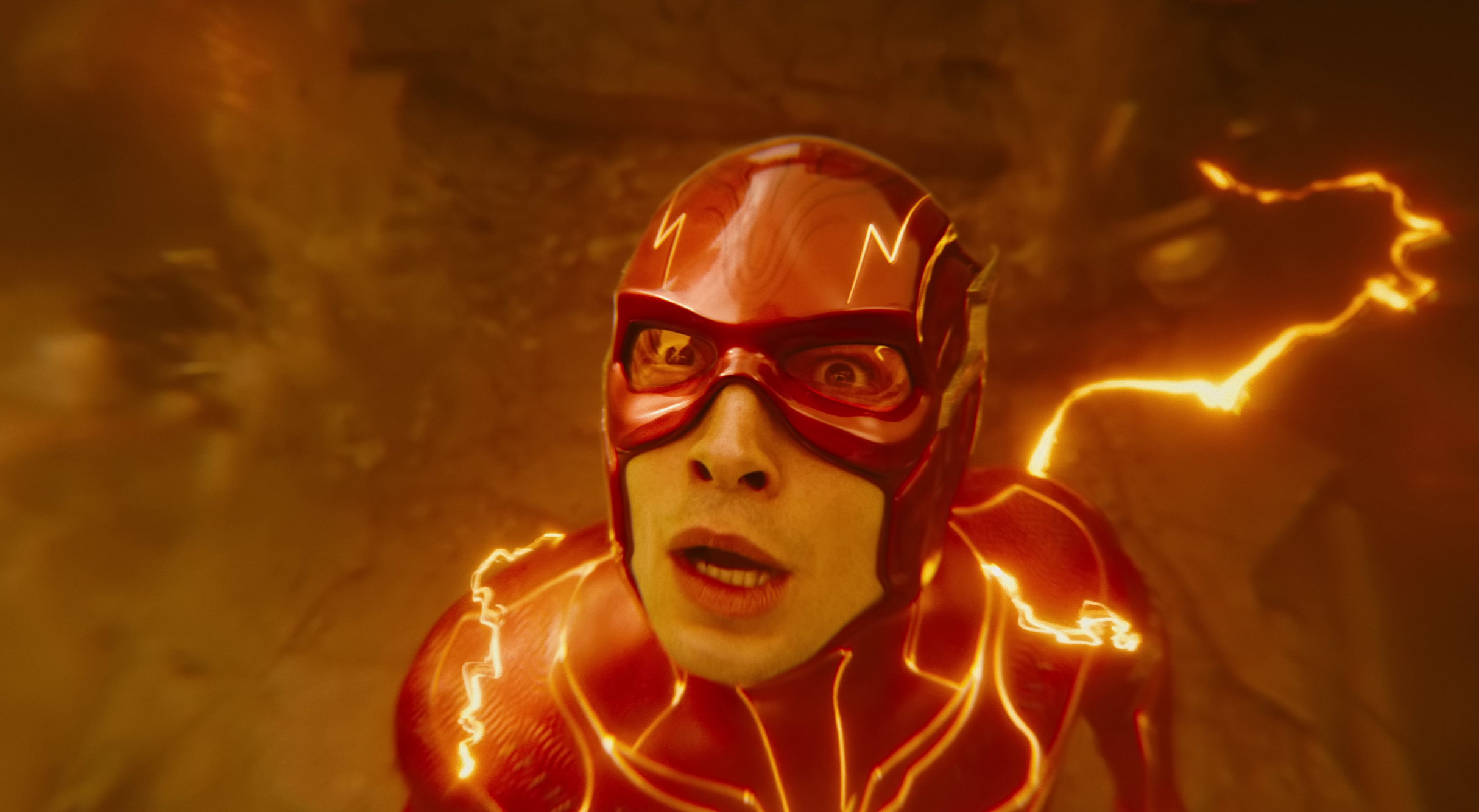The Flash film from DC will undoubtedly go down in history as a colossal box-office bomb, not just for Warner Bros. but in the entire history of filmmaking. Yet, the narrative might have taken a completely different turn if only Zack Snyder had been granted the artistic liberty to fully realize his vision of the DCEU.
, Jay Oliva, the director of the animated DC film Justice League: The Flashpoint Paradox, has disclosed the original plan for the DCEU's Flash trilogy had it come to fruition. The American producer, formerly a storyboard artist on the canceled Rick Famuyiwa project, shared his insights on the planned trilogy, saying:
Rick's movie wasn't the Flashpoint movie. Originally, there was supposed to be just Zack's five films and one side movie, which ended up being Suicide Squad. Rick's movie was going to be a series of films, just like Aquaman. I think all of those films, they were planning to be trilogies. Rick's movie was laying the groundwork for Zoom as the big baddy of the DC Universe. It was Professor Zoom pulling the strings because he had come from the future to basically f*ck with Barry. In the Flash movies, Zoom would be the villain in the background. But also in the ancillary other films, you would see some of the influences of Zoom on the rest of the Justice League.


